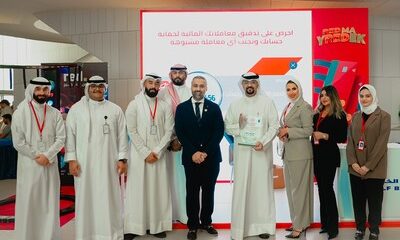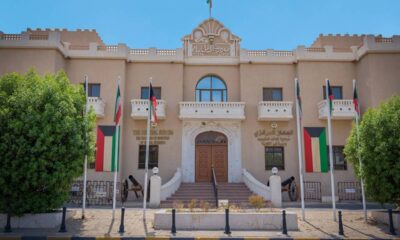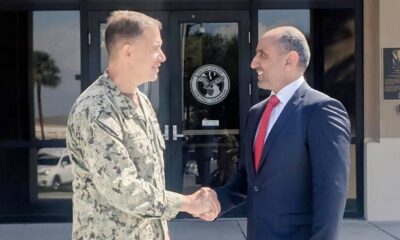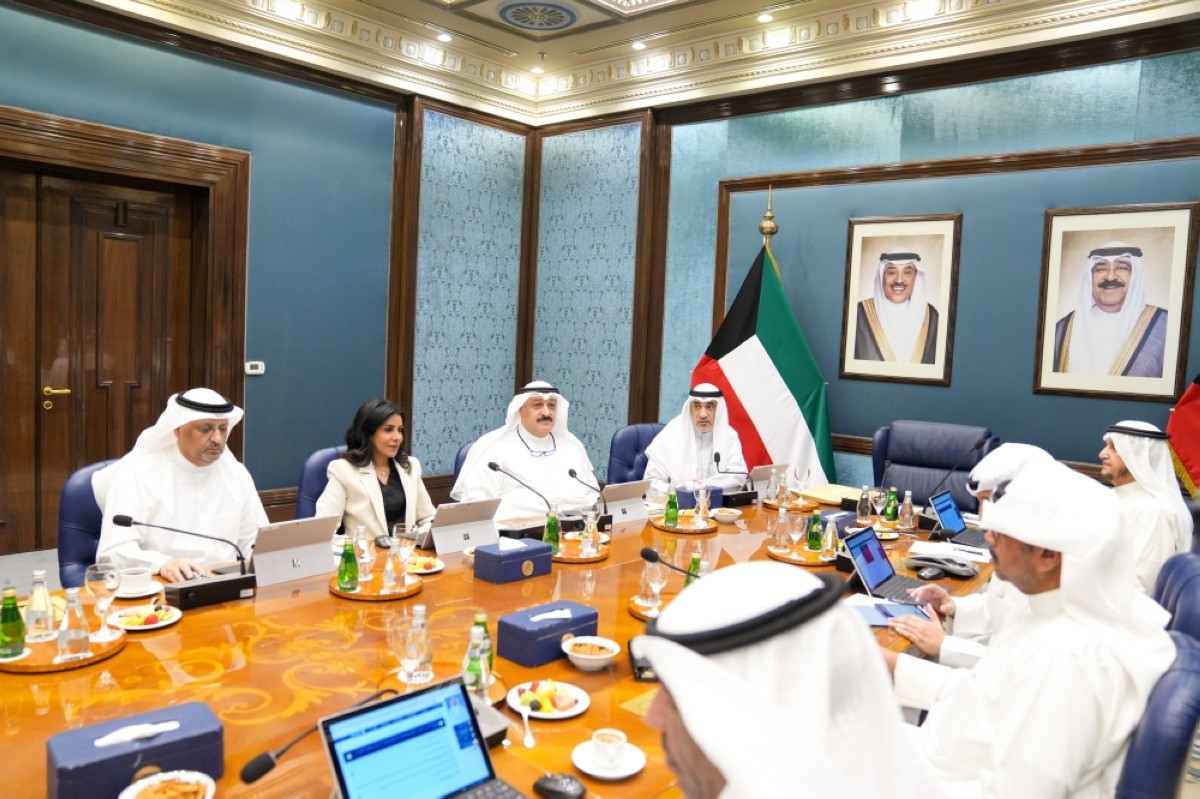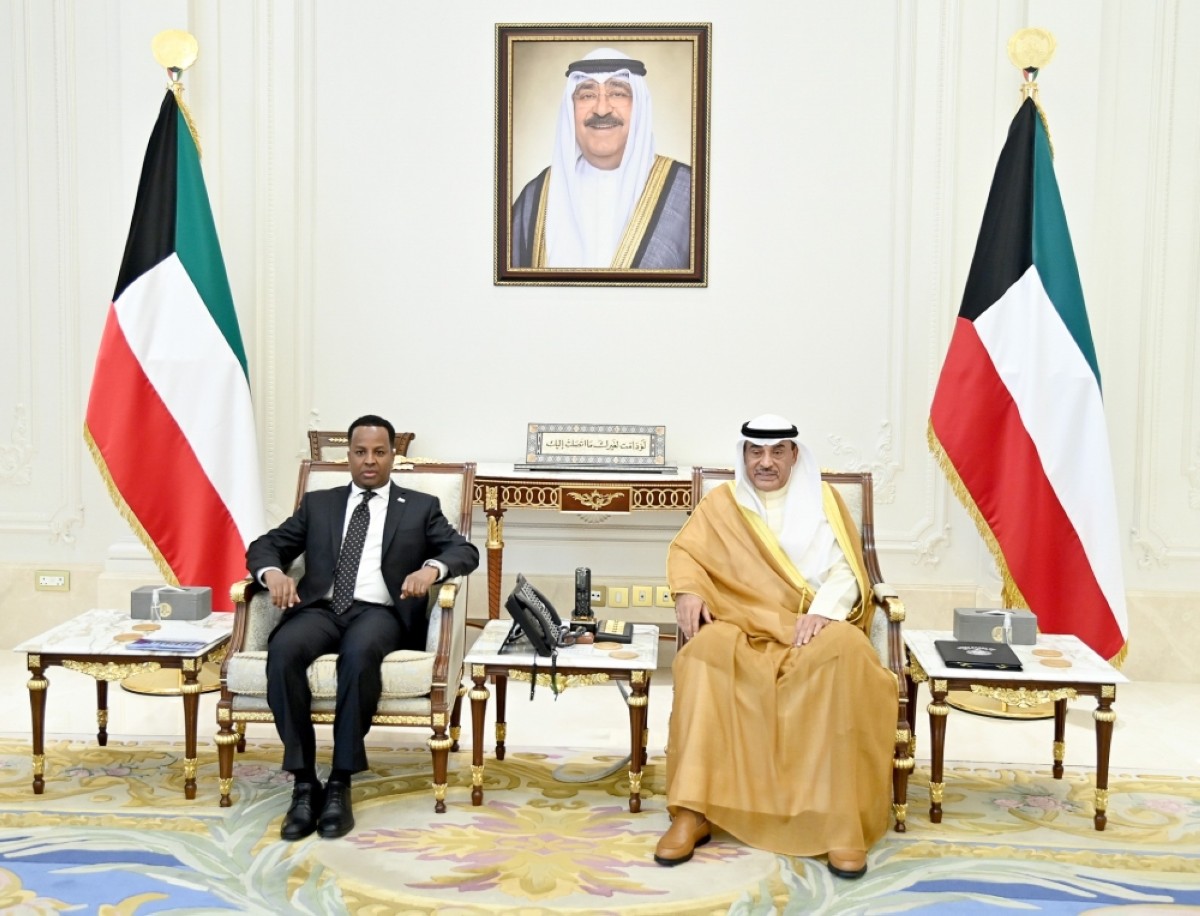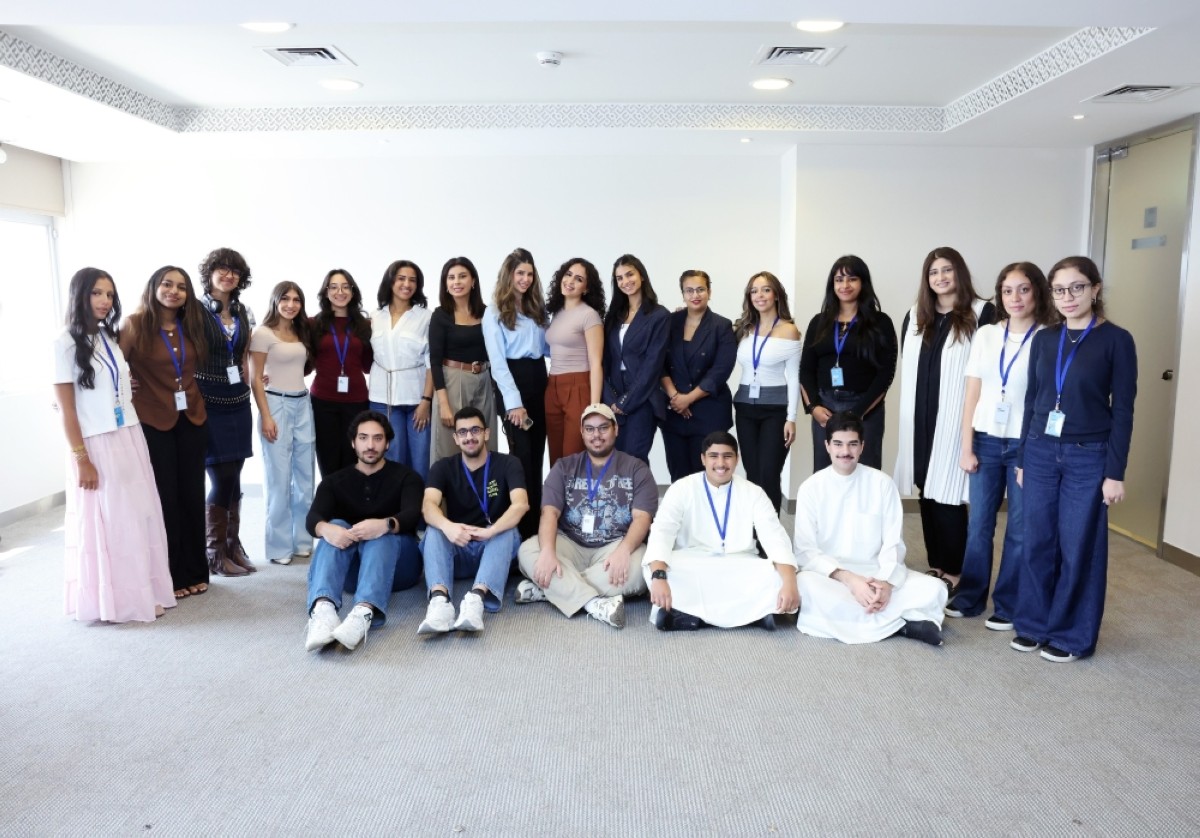KUWAIT: Eid Al-Adha sacrifices are taking many forms this year in Kuwait. Some residents spend on premium local breeds, others are opting for more affordable sheep, and many are choosing to send their offerings abroad, driven by the urge to support Muslims in need in crisis-hit regions.
For many, the value of the act outweighs the cost of the animal. At one of the most popular livestock markets, Waleed Ahmed, a Pakistani expat, stood holding his receipt after purchasing Arabic Naeimi sheep, among the most expensive breeds available. “It’s not about the price,” he told Kuwait Times. “This is a sacrifice. You choose the best you can afford because it’s for Allah.”
The Naeimi local breed, known for its rich flavor and tender meat, continues to be the top choice among many customers, especially Kuwaitis. “The Arab Naeimi is between KD 170 to 180,” said Abdulaziz, a vendor at the market. “It’s always in demand. Kuwaitis prefer it because the meat is the best.”
Waleed, though an expat, said he grew up with the love for its taste. “The meat is rich and flavorful. I was born and raised in Kuwait, and this is the flavor I have always known.” Nearby, Jordanian customer Ehab Abu Obaid echoed the same sentiment.
Online sacrifice
“I only eat Arab meat,” he said firmly while negotiating with a vendor. “It’s what I was raised on. The seller won’t budge below KD 170, but I’m buying it anyway.”
Still, he acknowledged a shift in how many are giving: “I know people who no longer sacrifice here because they just can’t afford it. They donate online instead, especially to places like Gaza, where they feel the meat is more urgently needed.”
Hashem is one of them. “This year, I donated through Zakat House to Somalia. It cost me KD 40,” he said. “They’re facing famine, that’s real need. In Kuwait, it’s harder to find families who genuinely cannot afford meat.”
Egyptian resident Saeed offered a similar perspective. “I do the sacrifice in Egypt, where families are truly in need. In Kuwait, most people are better off and already have support,” he said.
Indian resident Shakir has found a middle ground, sacrificing in India where prices are lower, while also doing one locally, as it’s important for him to keep the tradition alive here too around his family.
At your doorstep
Adding to the range of options this year, a new service has emerged, some delivery apps are now offering home-delivery of sacrificial animals. Customers can order, pay, and receive their sheep right at their doorstep, adding a layer of convenience.
At the market, Abdulaziz listed the price ranges for other lambs’ options. “If you want something cheaper, you go for the Somali at KD 60, or the Australian around KD 70 to 75,” he said. “The Iranian or Shifali types are mid-range, around KD 115 to 120.” Due the wide price differences, he highlighted, “Whoever wants something will find it for the price they’re looking for. It just depends on the type and weight.”
Vendor Abu Mustafa said prices typically peak in the days leading up to Eid, but drop slightly by the second day. Jordanian shopper Abo Ebeed was trying to beat the rush. “I came early before the best sheep run out,” he said.
Abu Mustafa noted a clear divide in preferences: “Arab sheep are mostly bought by Kuwaitis, while Somali and Australian ones are more popular among expats.” For the Australian, he noted it is only sold by the AlMawashi slaughterhouse and through an early booking system.
Inflated prices
A source who preferred to stay anonymous, revealed to Kuwait Times rising buyers’ frustration, noting that some sellers inflate prices or pass off lower-quality sheep as premium breeds. He stressed the importance of buyers educating themselves about the different livestock types, their distinguishing features, and fair pricing before making a purchase.
In response to such concerns, the Ministry of Commerce and Industry announced on Tuesday that it has intensified inspection campaigns in livestock markets ahead of Eid Al-Adha. According to Faisal Al-Ansari, Director of the Commercial Control Department, inspection teams are conducting daily tours to monitor market activity, ensure price stability, and confirm that enough sacrificial livestock (Adahi) are available to meet demand.
These campaigns are coordinated in advance with sheep importers to secure sufficient quantities and prevent price hikes, Al-Ansari told Kuwait News Agency (KUNA). He emphasized that the ministry is closely monitoring complaints, urging the public to report any violations. Their goal is to protect consumers, ensure transparency, and support both citizens and residents during the Eid season, he added.
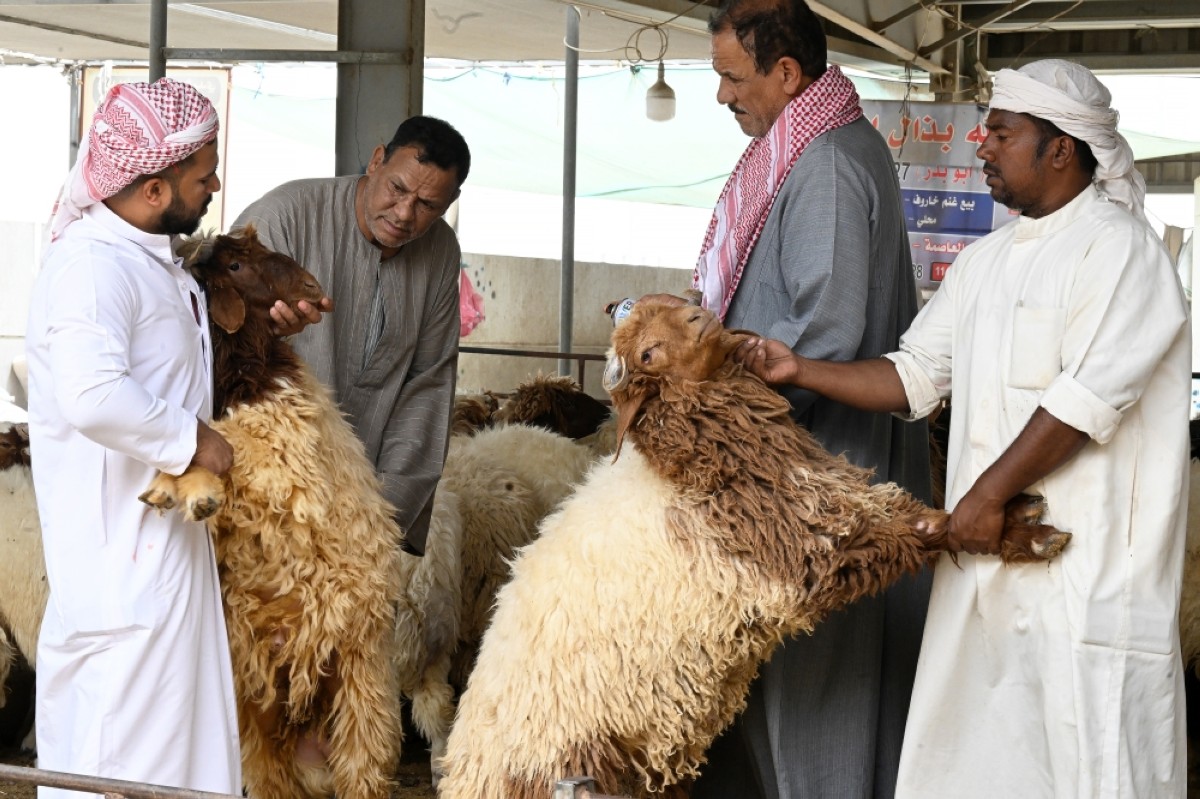

 Business8 hours ago
Business8 hours ago
 Business9 hours ago
Business9 hours ago
 Politics11 hours ago
Politics11 hours ago
 Latest News23 hours ago
Latest News23 hours ago
 Latest News10 hours ago
Latest News10 hours ago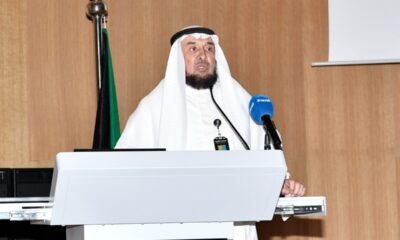
 Latest News8 hours ago
Latest News8 hours ago
 Latest News7 hours ago
Latest News7 hours ago
 Latest News12 hours ago
Latest News12 hours ago






